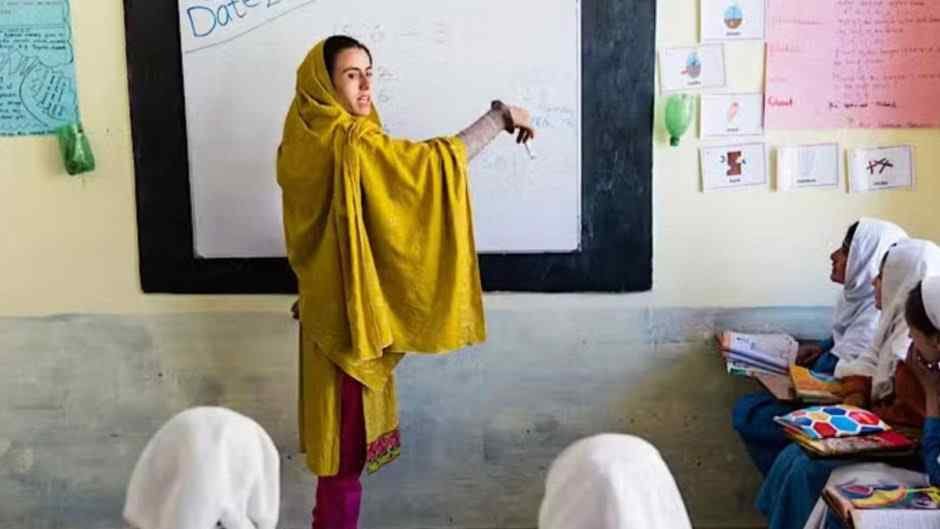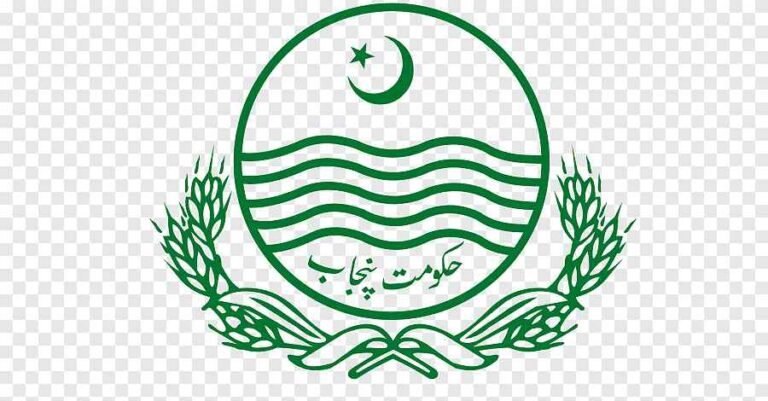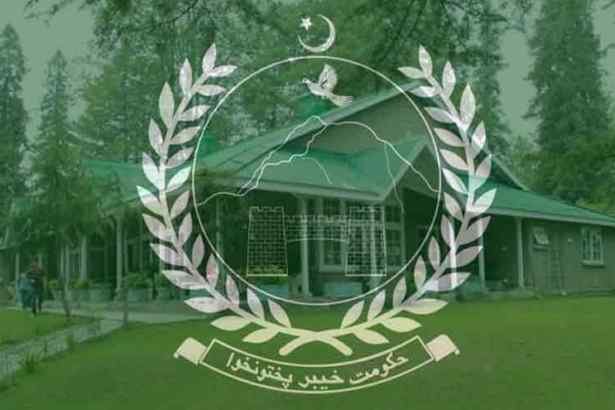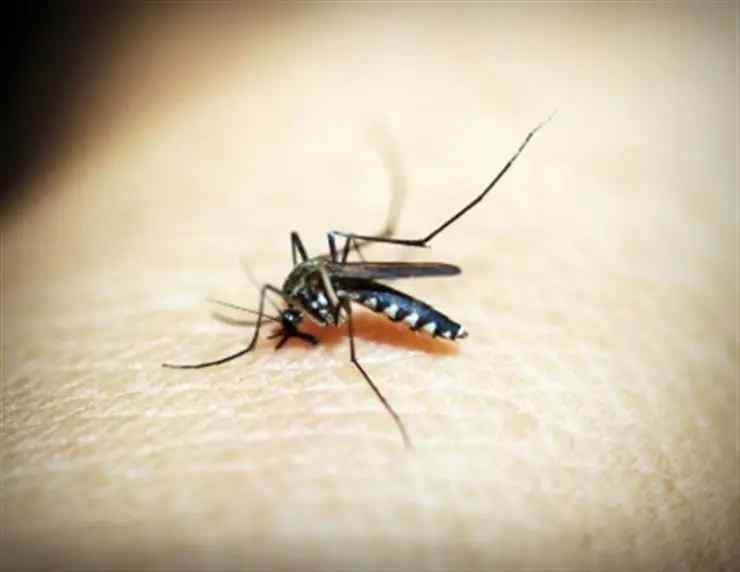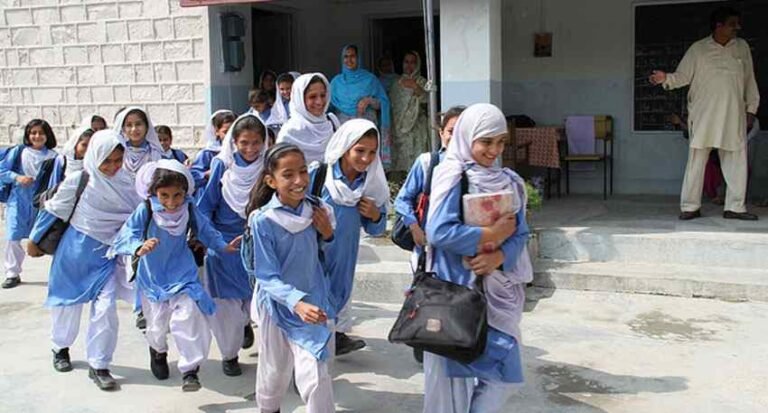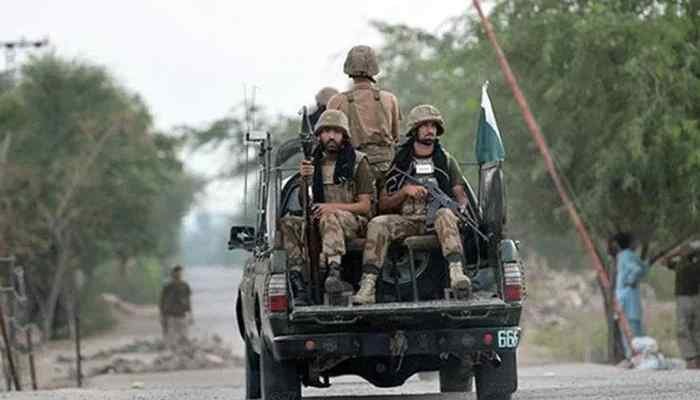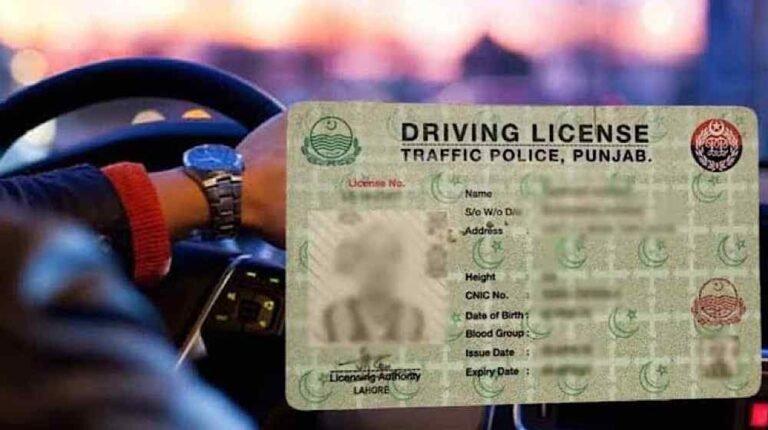Punjab to Make Teacher Licensing Compulsory from 2025
Punjab is set to introduce one of the most significant education reforms in recent years: starting 2025, no teacher will be allowed to teach in public or private schools without obtaining a professional license. The move, initiated by the Punjab School Education Department, is currently awaiting final approval from Chief Minister Maryam Nawaz.
What the Teacher License Means
The Punjab Teacher License 2025 will serve as an official certification for teaching in schools across the province. Once the policy takes effect, teaching without this license will not be permitted.
- Validity: 5 years
- Renewal: Required after expiry
- Applicability: Both government and private school teachers
- Career Impact: Only licensed teachers will qualify for recruitment and promotions
The license aims to bring Pakistan’s largest province in line with international teaching standards by ensuring teachers possess strong subject knowledge, awareness of national and global issues, and the digital skills needed for modern classrooms.
Three Tiers of Licensing
Instead of a single blanket certification, the license will be divided into levels based on the grades a teacher handles:
- Primary License: Classes 1–5
- Elementary License: Classes 6–8
- Secondary License: Classes 9–12
This tiered approach means teachers will be evaluated in relation to the specific stage they teach, making the process more practical and relevant.
The Test Every Teacher Must Pass
A standardized exam will be at the heart of the new licensing system. While the testing body has not been finalized—likely the Punjab Examination Commission or an external agency—the test is expected to assess three key areas:
- Subject Knowledge: Curriculum-based questions to confirm mastery of the subject being taught.
- General Knowledge: Covering current affairs, the Constitution, and education policies to ensure broader awareness.
- IT Skills: Testing basic digital literacy, including tools for e-learning, presentations, and online classrooms.
Why the Reform Matters
Officials argue that licensing will raise the bar for education across Punjab. The goals include:
- Better learning outcomes: Skilled teachers mean stronger student performance.
- Professional development: Teachers will need to keep updating their skills to maintain their license.
- Accountability: Teaching will no longer be a job that can be held without demonstrating competence.
- Uniform standards: Both public and private schools will operate under the same requirements.
Opportunities and Obstacles for Teachers
While the reform promises benefits, it also presents challenges. Senior teachers who have never faced competitive testing may struggle with preparation. The IT requirement, in particular, could be daunting for those with limited digital exposure. Licensing costs, if introduced, might also weigh heavily on low-income teachers.
To smooth the transition, the government is expected to roll out training workshops and support programs.
How Punjab Compares Globally
Punjab’s plan mirrors global practices where teacher licensing is already the norm:
- United States: Licenses valid for five years, with renewals tied to continuous education.
- United Kingdom: Licenses last a lifetime but require periodic professional development.
- Punjab, Pakistan: Proposed validity of five years with mandatory renewal.
Key Takeaways
- The license will be mandatory for every schoolteacher in Punjab.
- Valid for five years and renewable.
- Divided into Primary, Elementary, and Secondary levels.
- Test will assess subject knowledge, general awareness, and IT skills.
- Awaiting CM Maryam Nawaz’s approval to become law.
The Bottom Line
The Punjab Teacher License 2025 is more than just a bureaucratic requirement—it is a structural overhaul of how teaching is regulated in the province. If implemented effectively, the system could narrow the quality gap between schools, give teachers clearer career pathways, and most importantly, ensure that millions of students are taught by professionals who meet defined standards.

